Choosing the right compressed air system isn’t just about keeping tools running; it’s about protecting production quality, avoiding costly downtime, and staying compliant with UK standards.
Whether you’re running a high-volume automotive plant, a local body shop, or a repair garage, the right setup will save energy, protect your paint finishes, and keep your operations running smoothly.
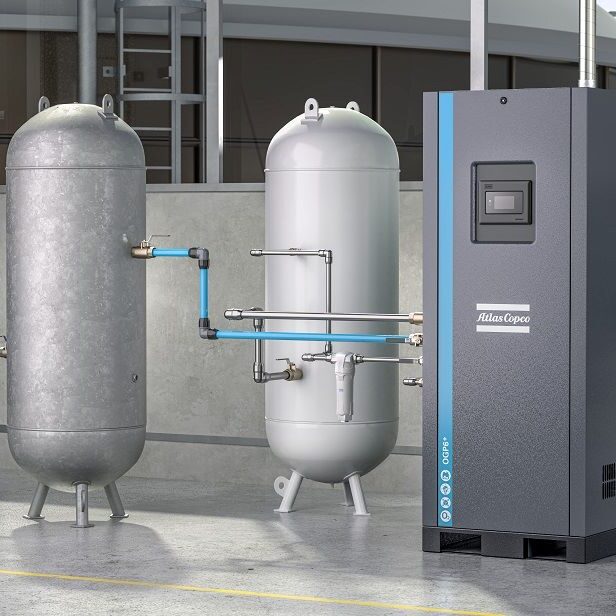
High-Demand Production: Stable Pressure, No Surprises
At OEM and Tier 1 companies, compressed air fuels the assembly line. You can’t afford an unreliable system.
- Power pneumatic tools with precise pressure and flow. Air wrenches and drills require the right Air Compressor CFM rating to provide safe, consistent torque without overheating.
- Actuate robotics and automation with pinpoint accuracy. Steady, clean air keeps robotic arms for welding and assembly moving precisely, every cycle.
- Run stamping and forming presses without interruption. Compressed air provides the immense force needed to shape body panels and support processes like plasma cutting.
Serving East Anglia & the Midlands, Cambridge, Norwich, Ipswich, Northampton, Leicester, Lincoln.
Flawless Finishes: Class 0 Air for Paint Lines
A vehicle's paint finish is a primary indicator of brand quality. Any contamination leads to costly rework.
- Guarantee perfect paint adhesion with immaculate surface preparation. High-power air blowers remove every particle of dust and debris before painting begins.
- Achieve a mirror-like finish by atomising paint with pure, contaminant-free compressed air. This is the only way to meet OEM quality standards.
- Prevent defects and rework from the start. Even microscopic contaminants can ruin a paint job, making air quality a critical control point.
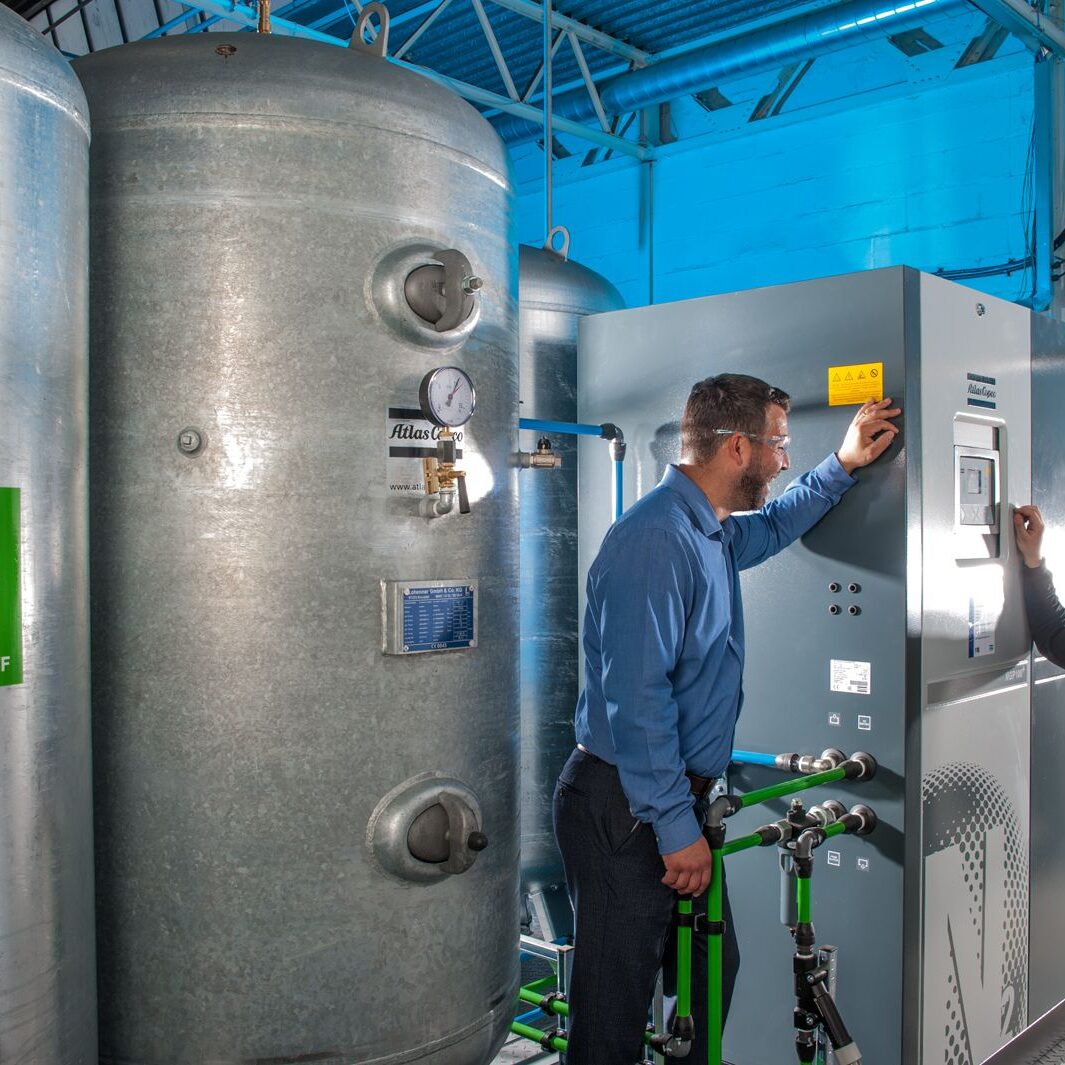
Powering Every Job: Reliable Air for Workshops & Garages
For MOT centres, body shops, and repair garages, a dependable automotive compressor is essential for daily operations and profitability.
- Operate vehicle lifts safely with consistent air-powered hydraulic force, giving technicians easy access for servicing and repairs.
- Run essential workshop tools efficiently. From impact wrenches for tyre changes to grinders for bodywork, pneumatic tools are the durable workhorses of the trade.
- Ensure vehicle safety with accurate tyre inflation, a fundamental service for every customer.
Get the Right Setup: Choosing Your Automotive Compressor
Understanding the different types of air compressors is the first step to an efficient system. Our experts design setups that match your exact demand, footprint, and air purity needs.
At-a-glance: Recommended Setups
| Application | Compressor | Air Treatment | Notes |
|---|---|---|---|
| OEM paint line | ZR/ZT oil-free (VSD) | Desiccant −40 °C PDP, coalescing + activated carbon, silicone-free | Meets ISO 8573-1 1:2:1; protects finishes |
| Robotic assembly & tools | GA / GA VSD+ / GA FLX | Refrigerant dryer + general filtration | Add storage + central controller for shift swings |
| Body shop / garage | Piston or compact VSD screw | Refrigerant dryer + coalescing | Intermittent demand; focus on acoustics / footprint |
| Plasma / laser support | GA with stable pressure | Particulate + water separator | Validate process gas requirements |
Compressor Technologies
- Oil-Free Rotary Screw (Atlas Copco ZR/ZT): Supplies ISO 8573-1 Class 0, oil-free certified air, making these compressors a must for any paint and finishing operations that cannot risk oil contamination.
- Oil-Injected Rotary Screw (Atlas Copco GA): A reliable and heavy-duty compressor for 24/7 manufacturing. Ideal for the constant, continuous flow needed to power assembly lines and tooling operations, GA compressors are market leaders in efficiency.
- Piston Compressors: An affordable workhorse for the cyclic or intermittent air demands of workshops, delivering the high pressure needed to run tools like impact wrenches.

Keep Paint Lines Defect-Free with ISO-Standard Air Quality
Your final product quality is only as good as your air quality. The first step is choosing between oil-lubricated and oil-free air compressors.
- Eliminate solid particles that clog tools and cause surface blemishes in paint.
- Remove water vapour that causes rust and leads to blistering or "solvent pop."
- Stop oil aerosols, which cause "fish eyes" and necessitate a full respray. Class 0 oil-free compressors plus activated carbon filtration is the only guaranteed solution.

Cut Your Biggest Cost: A Fast Guide to Energy Efficiency
Energy is the most significant lifetime cost of a compressor. Here’s how to cut it fast.
- Match output to demand with Variable Speed Drive (VSD) technology, cutting electricity use by up to 50%.
- Recapture and reuse energy with heat recovery systems, which reclaim up to 94% of waste heat for space or water heating.
- Find and fix expensive leaks with ultrasonic audits. Leaks can waste 20-30% of your generated air, but finding them can help you reduce your air compressor costs immediately.
- Optimise multi-compressor sites with central controllers that balance load and prevent inefficient use.
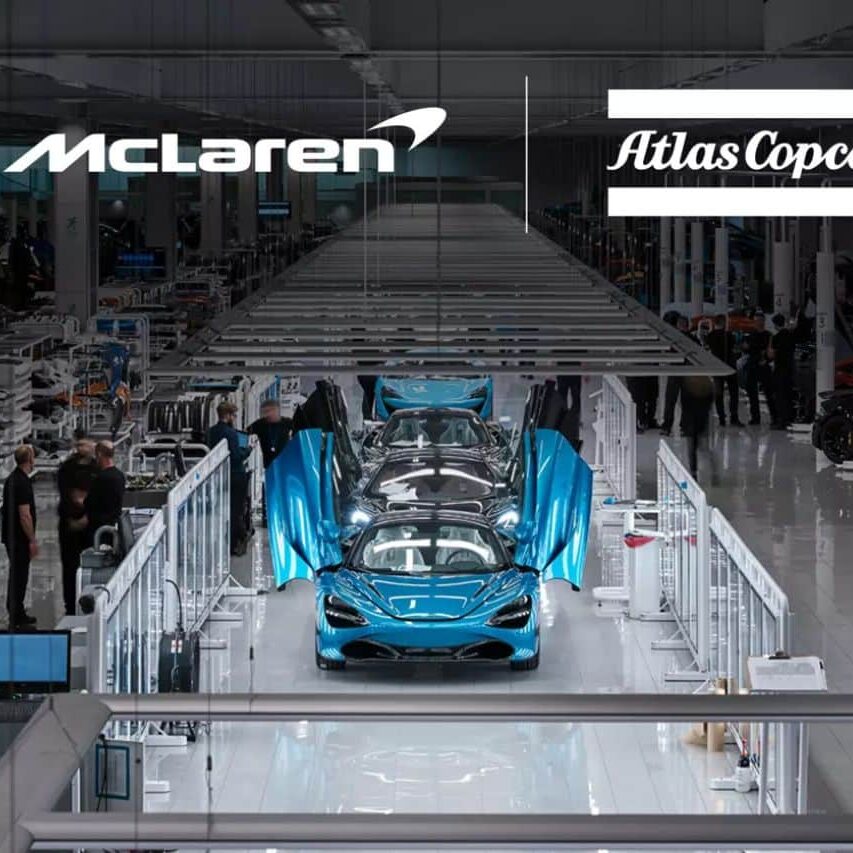
Benefits of an Optimised Automotive Air System
- Lower energy bills: VSD, central controllers, leak fixes (typ. 15–50% savings)
- Higher uptime: SMARTLINK alerts, planned maintenance, hire cover
- Flawless paint: ISO 8573-1 Class 0 + −40 °C PDP desiccant
- Stable production: Correct storage & AIRnet reduce pressure drop
- Audit-ready compliance: PSSR/WSE, PUWER, COSHH, BS EN 1012-1, BS EN 12021
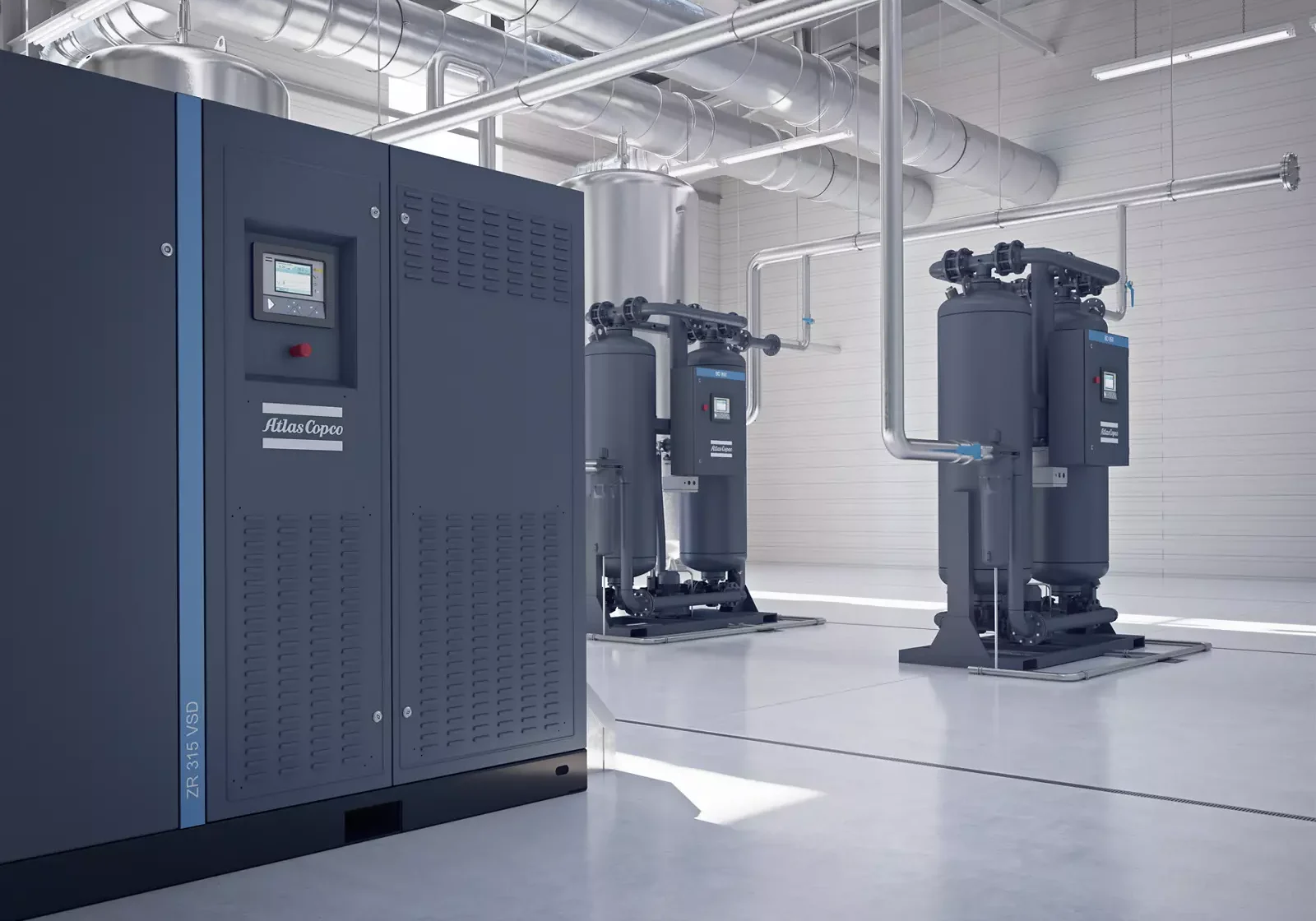
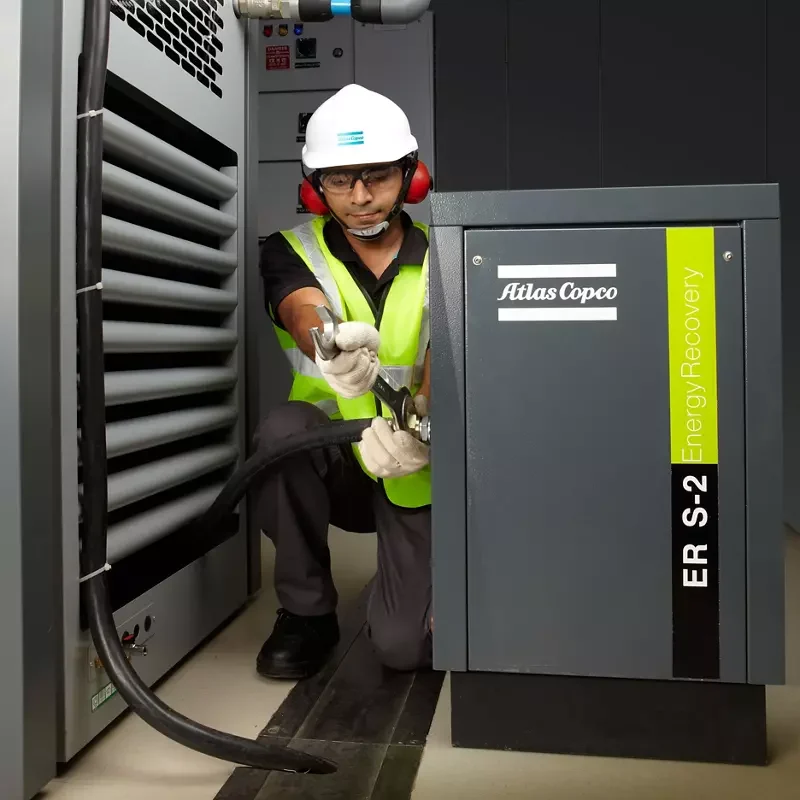
Stay Audit-Ready: Managing Your UK Compliance Risks
Compliance failures risk fines and downtime; here’s what we manage for you.
- Prevent catastrophic downtime. With production line stoppages costing over £1.6 million per hour, a proactive air compressor maintenance guide is your best insurance policy.
- Meet all legal obligations. We ensure your system adheres to all UK regulations, including PSSR 2000, PUWER 1998, and COSHH 2002.
- Adhere to safety standards. We certify systems to BS EN 1012-1 for compressor safety and BS EN 12021 for safe breathing air in paint booths.
- Maintain your Written Scheme of Examination (WSE). Our competent engineers can draw up your WSE and conduct the legally required periodic inspections.
Frequently Asked Questions
Different tools have different requirements. The best approach is to check the manufacturer's specification. See our detailed CFM rating guide for more information.
